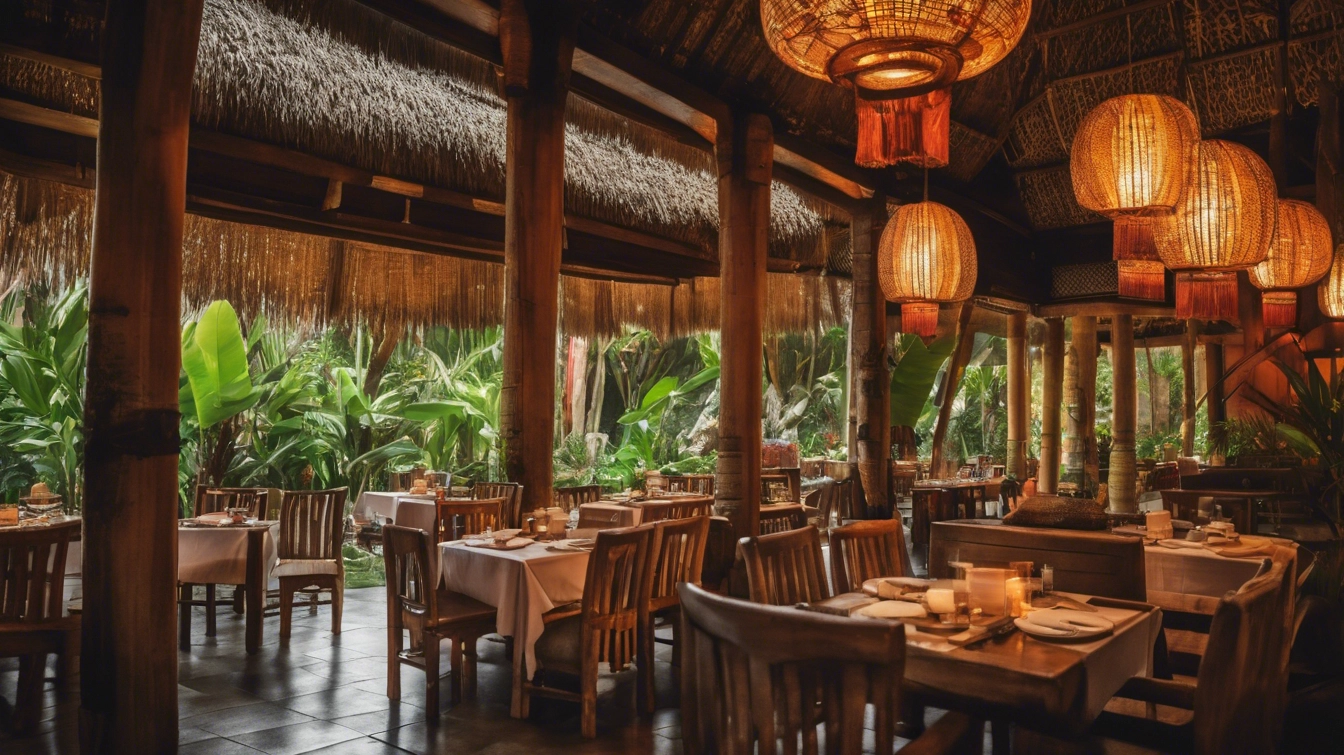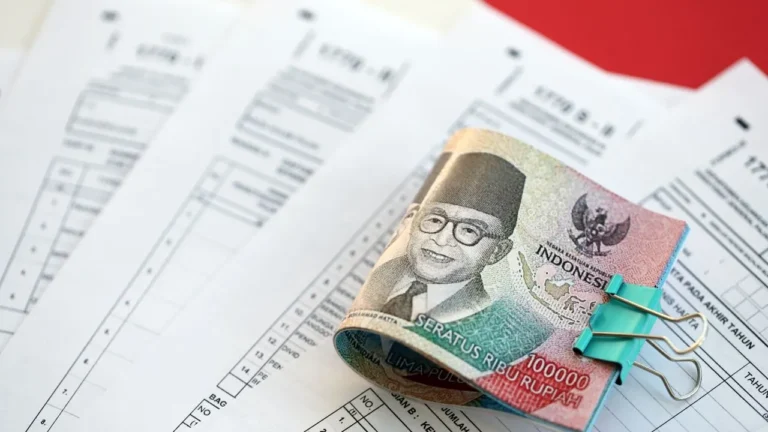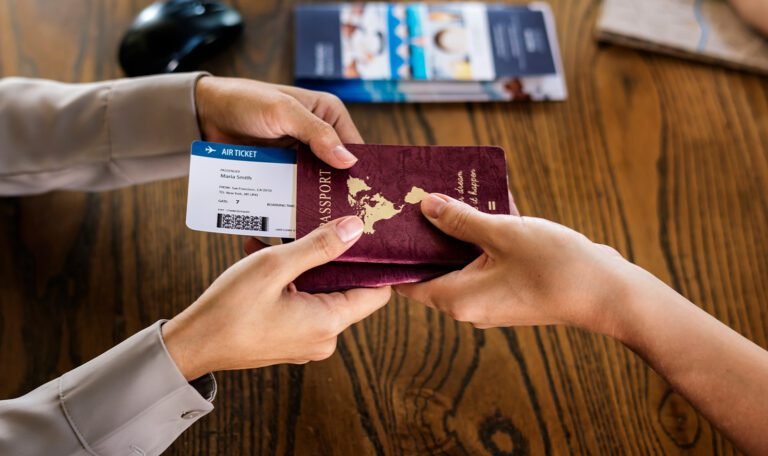Table of Contents
ToggleBali, a jewel in Indonesia’s crown, isn’t just a paradise for tourists but a vibrant canvas for aspiring restaurateurs. From the rice terraces of Ubud to the vibrant Seminyak and Canggu, there is a place for any kind of culinary experience. The development of the expat community also brings a recurring clientele that each restaurant can count on. In this article, we’ll walk you through the exhilarating process of opening your own restaurant in Bali.
Understanding Bali’s Market
Target Audience
Your target demographic could be tourists seeking authentic Balinese experiences, expats looking for a taste of home, or locals interested in international cuisine. Having a structured business plan to identify your target audience is crucial. You do not target the same audience in Uluwatu, Canggu or in Ubud. While you may offer some vegan cuisine in Ubud and Uluwatu, Seminyak might offer more fine dining restaurants.
Competitive Analysis
Study existing restaurants in Bali. Identify what works and where there’s a gap in the market. Whether it’s a vegan eatery, a seafood hotspot, or a fusion kitchen, find your niche. Some areas such as Uluwatu, Bingin are exploding in popularity and offers. Lombok or Nusa Dua which are more seasonal also requires a specific approach since the target audience might be variable during each season.
Registering a company in Indonesia has never been easier
Setting up a business abroad can be challenging with so many documents, laws and regulations to consider. Luckily, the process will be a breeze, and we’ll give you expert advice on which business structure and setup will fit your needs.
Reach out to the ILA team today to set up a free consultation or read more about the company registration process.
Legal and Regulatory Requirements
Business Registration (PT PMA)
In Indonesia, business registration is crucial. Start by registering your business with the Indonesian government. This process will involve choosing a legal structure suitable for foreign investors, if applicable.
Foreigners can open a company with a 100% foreign capital investment and do not need an Indonesian partner. The type of legal structure is called PT PMA. PT PMA is a kind of Limited Liability Company. The process takes 3 days to 1.5 weeks to open the company in Bali or the rest of Indonesia. As a shareholder you can also be the director of the restaurant and work as the director. However it is important to note that the director of the company cannot work as the Chef of the restaurant.
Once the company is open the restaurant has to apply for additional licences.
Licences and Permits
You’ll need several licences, including a general business licence (SIUP), a tourism business licence if you’re catering to tourists (TDP), and potentially a liquor licence. Getting an alcohol licence takes several weeks and inspection. We do not recommend restaurants and bars to serve alcohol in Bali or the rest of Indonesia without the permit approved.

Location and Logistics
Choosing the Right Location
Select a location based on your target audience, budget, and business concept. You need to consider factors like traffic, accessibility, and proximity to competitors. As we discussed previously, the location can totally change your approach, price, menu, clientele and affect sensibly your return on investment (ROI) of your restaurant.
Lease Agreements or Freehold – Do a due diligence
Companies can buy land or buildings in Indonesia. You can own the building and the land. It is important to perform due diligence on the land or building you want to purchase. The zoning of the land is important to operate your business and if you want to be able to sell alcohol as well and get the proper licences.
In Bali, property lease agreements are unique, often requiring upfront payment for several years. You can negotiate terms that protect your business interests. Each terms of the contract are important as they determine what you can do with the property.
Kitchen and Dining Setup
Your kitchen is the heart of your restaurant. Invest in quality equipment and design a layout that maximises efficiency. Similarly, your dining area should reflect your restaurant’s theme and provide a comfortable ambiance. Bali offers diverse suppliers. The choice of your menu will affect your logistics and how you can manage your supply chain.
Indonesia requires some products to be registered at the BPOM (Indonesian FDA) and specially starts to require Hallal certification. Registering your product in Indonesia takes some time and checking if your product is already registered or can be registered is an important step of the process. We can assist you to cover these important steps.
Restaurants may need to import some kitchen equipment. Some of those equipment may require SNI (certification) before being able to be used and distributed in Indonesia.
Staffing and Management
Hiring Staff
A great and trustable team is vital. Indonesia has an exceptional experience in terms of tourism. You can hire locally as much as possible, respecting the Indonesian and balinese culture and employment laws.
It can be difficult for experts to navigate the Indonesian working culture and law. Having a professional consultant such as HR talents to drafting the first contract for you can save hassle in the future if issues appear with your employees. Indonesia has short term and indefinite contracts terms. The notice period has to be clearly defined and how to stop the contract. You can refer to our article here.
Training
Invest in staff training, especially if you’re introducing a new cuisine or service style. Well-trained staff contribute significantly to the dining experience and will help in building a loyal customer base. There are some companies in Bali that have developed training programs to empower great service with some international standards.
Management Practices
For foreigners coming to Indonesia, having a clear standard operating procedure is important. Effective management is key to a successful restaurant. Implement systems for inventory management, quality control, and customer feedback. Embrace technology for reservations and order management to streamline operations. Governments have now implemented some systems to connect your restaurant directly to the tax office. Keeping accounting, declaring tax is important to keep your business compliant and legit. You can contact us to know more about the tax implications and tax rate.
Marketing and Promotion – Protect your asset
Branding
Your brand should encapsulate your restaurant’s essence. This includes your logo, décor, menu design, and overall customer experience. Ensure consistency across all touchpoints. Trademark registration is vital to protect your brand and avoid competitors stealing your idea. The trademark registration process in Indonesia is not expensive and can save hassle.
Digital Marketing
In today’s digital age, a strong online presence is crucial. Utilise social media platforms, build a compelling website, and consider online advertising. Engaging with food bloggers and influencers in Bali and the rest of Indonesia can also boost your visibility.
Networking
Do not forget to build relationships with local businesses, tourism boards, and expat communities. Collaborations and local events can be powerful tools for promotion and integration into the community.
Financial Planning
Budgeting
Carefully plan your budget, factoring in startup costs like leasing, renovation, equipment, initial inventory, and staff salaries. Don’t overlook ongoing expenses like utilities, supplies, and marketing. You can contact us to know more about the budget you need and assess your return on investment (ROI).
Funding Options
Explore various funding options. These might include personal savings, loans, or finding investors. Understand the financial implications of each option and choose the one that aligns with your business goals and risk appetite.
Tax and Compliance
Restaurants have to face different types of tax as in many countries. Restaurants need to charge the client a local tax (11%) + a service charge (usually 5%). This local tax needs to be paid every month to the authorities.
In addition to this tax, companies have their corporate income tax, salary tax to report each month. As a business owner, you usually want to focus on the business and avoid spending too much time on those calculations. However we encourage you to use an external consultant such as us or another to make sure your business is compliant with the regulations.
Other reports such as the investment report (LKPM) to the BPKM have to be done every quarter.
Conclusion
Opening a restaurant in Bali is a journey filled with challenges and rewards. It requires a deep understanding of the local market, compliance with legal requirements, strategic planning, and a passion for food and hospitality. With careful planning and a commitment to quality, your restaurant can become a beloved part of Bali’s vibrant culinary landscape. Do not hesitate to contact us if you have any questions on how to open a restaurant in Bali or want to start your journey in Bali or the rest indonesia.























